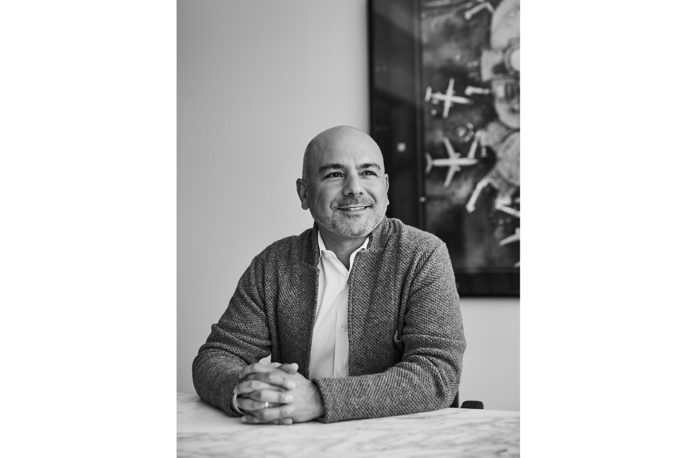By Breanna Diaz
LOS ANGELES (UCLA Daily Bruin) — For Dr. Eric Esrailian, film has the promise to both entertain and educate.
Esrailian, executive board member of the UCLA School of Theater, Film and Television, joined the Academy Museum of Motion Pictures as one of three new members of the Board of Trustees on July 1. The board is one branch of the museum’s governing body and includes film executives, actors and other leaders in the film industry. Esrailian, a doctor of digestive diseases and Emmy-nominated film producer, said his work producing “The Promise” stood out to the leaders of the museum for its depiction of the Armenian genocide and social advocacy campaign.
“They (The Academy Museum) expressed an interest in social impact entertainment and the potential impact that filmmaking can have on social issues,” Esrailian said. “My experience with ‘The Promise’ … resonated with them. That was the most visible project.”
Set against the backdrop of the fall of the Ottoman Empire preceding the Armenian Genocide, “The Promise” tells the story of a love triangle between a medical student, a journalist and an Armenian woman. While the film is a fictionalized account of events, Esrailian said he also produced a documentary titled “Intent to Destroy: Death, Denial & Depiction,” which reveals in-depth details of the genocide.
A long history of suppressed information about the Armenian genocide encouraged Esrailian to launch a social impact campaign to accompany the release of “The Promise,” he said. To raise awareness and push for the United States to formally recognize the genocide, Esrailian said the filmmakers recruited actors such as George Clooney to promote the film because of their human rights activism work. He added that the campaign also partnered with multiple nonprofits and human rights institutes, including Human Rights Watch and Amnesty International.








